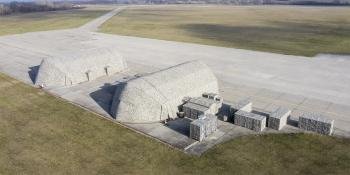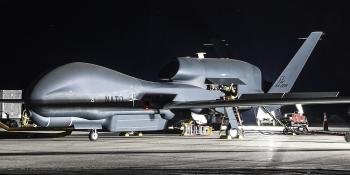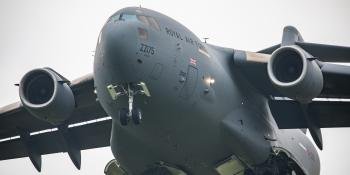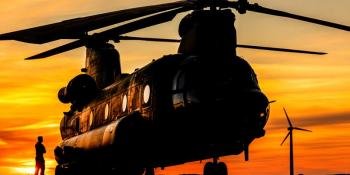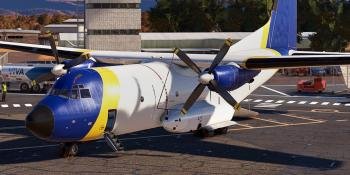The UK’s aerospace and defence firms need to “fundamentally rethink” how they will navigate the increasing number of environmental, social and governance (ESG) challenges, including military efforts to reduce carbon footprint, according to a new report.
Published by Strategy&, PricewaterhouseCooper’s (PwC’s) strategy consulting business, the report – ESG: A chance to rethink strategy – placed the spotlight on diversity and sustainability as some of the most significant challenges for industry in the years ahead, with Net Zero noted as the biggest of all due to the scale of change required.
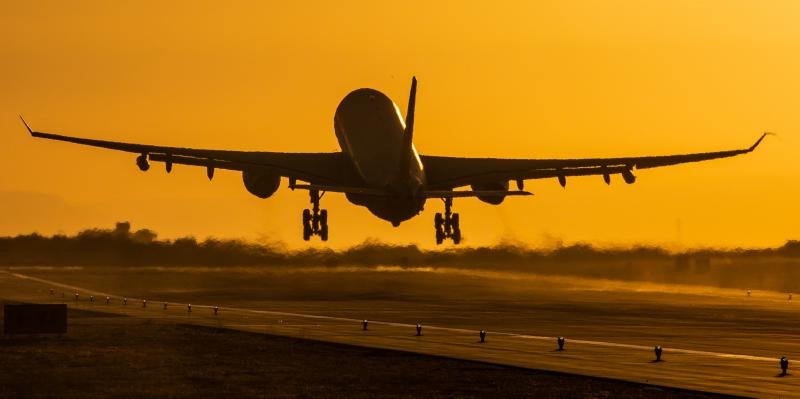
The report - ESG: A chance to rethink strategy - puts a spotlight on diversity and sustainable/ethical supply chains as two of the biggest hurdles to be overcome across the sector, with Net Zero noted as potentially the biggest challenge due to the scale of change required combined with the lack of commercially viable solutions to technical challenges.
The UK government will lead the COP26 climate summit in Glasgow in November this year, with the report stressing the key role it plays in driving change across the aerospace and defence sector. In a July 14 press release, PwC stated that the UK Ministry of Defence (MOD) produces over half of the UK government’s greenhouse gas emissions, while aviation accounts for two-thirds of the MOD’s fuel consumption.
Diane Shaw, EMEA aerospace, defence and security lead at Strategy&, commented: “[The] UK government has a tremendous opportunity to be a driving force for innovation and changing behaviours across both defence and civil aviation sectors not only at home, but globally.
“After all, our defence sector exists to protect our people and promote prosperity and as our report shows, this can only be achieved with a clear focus on all aspects of ESG. Without that, the sector is failing in its purpose.”
The report is aimed at bridging the gap between high-level ESG thinking and technical guidance, giving organisations a framework to think through and put in place initiatives to address the challenges ahead, such as Net Zero.
Interestingly, Air Chief Marshal Mike Wigston, Chief of the Air Staff, speaking at the 2021 Global Air Chiefs’ Conference on July 14, pointedly referred to key diversity and emissions targets that the RAF is working to implement in the years ahead.
Delivering a keynote speech at the start of the event Wigston said that environmental sustainability was a growing priority.
“I know you’re probably thinking it’s crazy to hear an air and space chief talking about this, however the imperative is clear: our politicians will increasingly demand it of us, because our public demands it of us. The young people in the Royal Air Force today demand it of the leadership team and me, that we should be taking a lead in this,” Wigston told delegates.
Continuing, Wigston said: “In the UK, current government legislation requires all greenhouse gas emissions to be net-zero by 2050, but I have set the RAF the challenge of net-zero by 2040, because everything I see and hear tells me that 2050 date will come forward.
“The way we power our aircraft, the way we power our bases, the way we talk to our supply chain, to our industrial suppliers about their carbon and sustainable practices, are all going to be things that we are going to have to tackle. It will take decades and we need to start now.”
To this end, Wigston said that this was not something the RAF could achieve “in isolation” and that a collective global effort with other air forces could be development to address the challenge. Further, a significant element of any method to reduce military aviation emissions would have to come through commercialising sustainable aviation fuel production and ensuring that it was cost-effective and available for civil aviation.
“Our RAF platforms are already able to operate on 50:50 blend today, and we would if an assured supply was there,” Wigston explained. “I have also initiated activity to get our platforms 100% synthetic aviation fuel ready, and I am determined we will have our first zero emission aircraft operational by the end of this decade, which fittingly will be our youth air experience aircraft, for air cadets, university cadets and elementary flying training.”
Further benefits to the service through purer engine fuels include lower maintenance, longer equipment life, and lower noise, heat and visual signatures such as contrails, Wigston said.
The RAF’s Rapid Capabilities Office currently leads on synthetic fuel projects, including advances into waste-to-fuel technology and electrofuels.
By Richard Thomas

